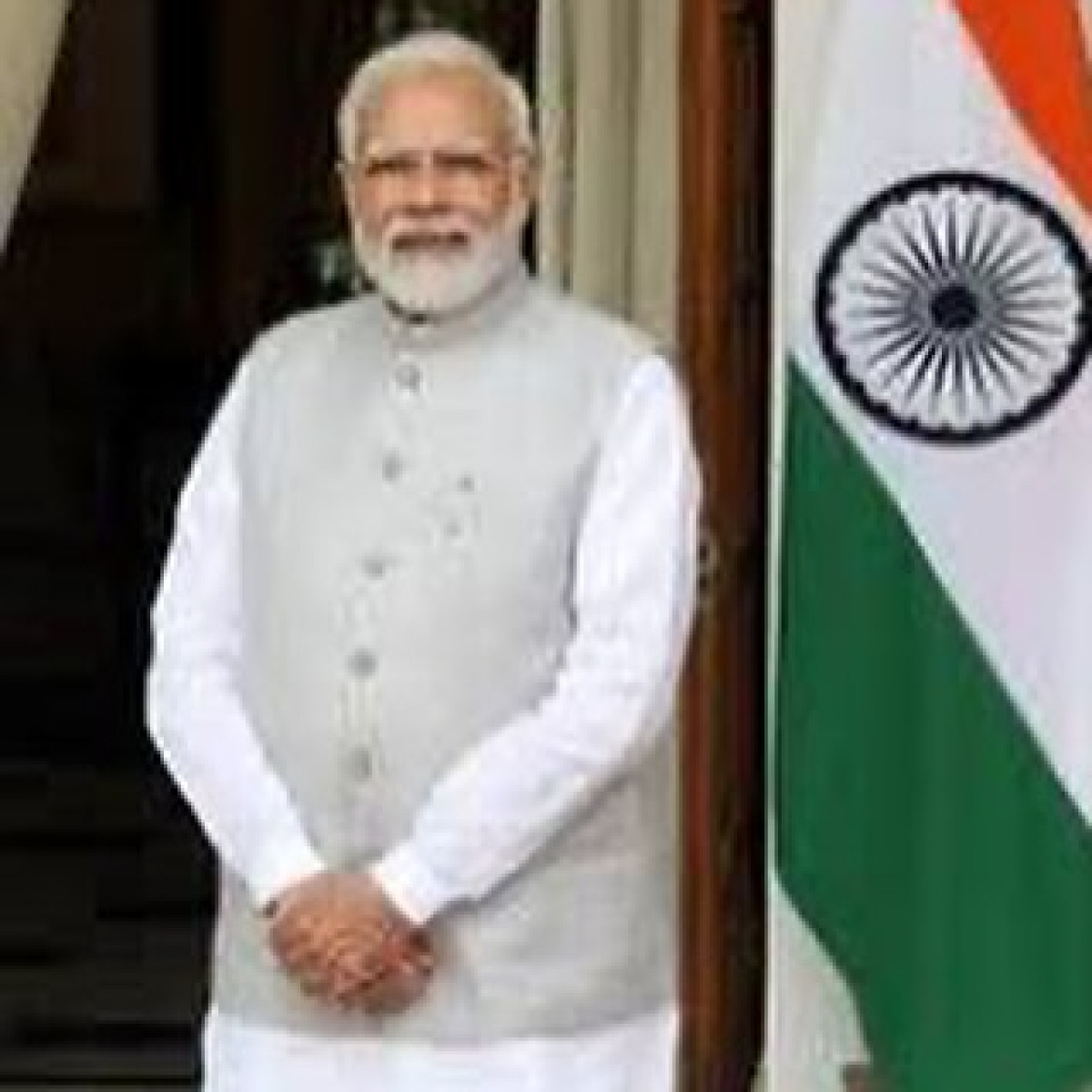Modi’s Strong Address Rejects Terror and Nuclear Blackmail
PM Modi declares strong policies: no terror, no trade, and no nuclear coercion - set now!!

Image: Instagram
In his recent address, India’s Prime Minister delivered a message that left little room for ambiguity over the nation’s policies on terrorism, trade, and nuclear coercion. The heart of the speech was built around a series of resolute declarations intended to reassure a nation on edge and to warn any potential adversaries. Observers applauded the clear and measured tone of the PM, noting that each word carried the weight of India’s security concerns.
Key Highlights Of Pm Modi’s Address
The Prime Minister made several key assertions during his address. He stated emphatically that “terror and talk will not go together” and similarly, “terror and trade will not go together.” These statements were aimed at emphasizing that while dialogue is important, it will not be exploited by those who seek violent disruption. Another striking remark was that “blood and water will not flow together,” a metaphor that stressed the sanctity of national resources and the protection of the citizenry from any exploitation.
One of the most discussed points of the speech regarded the ongoing operation hinted at by the phrase #OperationSindoor. The Prime Minister clarified that the operation was at a pause rather than at a full stop, indicating a temporary holding pattern while India reevaluates its tactical approach. This nuanced declaration was intended to keep both the public and international observers attuned to a potential shift in policy if circumstances change.
Firm Stance On Nuclear Coercion
Perhaps the most resolute segment of the address addressed the issue of nuclear blackmail. The PM declared that India would not succumb to nuclear blackmail by any nation. This declaration is significant in the context of regional security, where nuclear capabilities have long been a subject of strategic contention. His remarks carried an implicit warning regarding neighboring nations, with a statement that if Pakistan trespassed, India would strike harder. Such a message reflects the gravity with which the administration views any actions that might compromise national integrity or security.
The frankness of the address resonated with many listeners, who felt that the Prime Minister had delivered a much-needed clarity in times when ambiguity in defense and policy matters can lead to instability. Supporters on social media celebrated the speech, with hashtags like #India’sNewNormal and #BravelyAddressed trending among patriotic circles. The tone of the address was lauded as precise, measured, and direct—qualities that many believed were imperative for effective leadership during a time when threats both internal and external loomed large.
Context And Broader Implications
This address, rich with sharp rhetoric, arrived at a time when national security policies are closely scrutinized not only by political analysts but also by the public at large. The Prime Minister’s speech builds on a long tradition of leadership that favors clarity and conviction over ambiguous diplomacy. By drawing a clear line between actions and consequences, the PM reaffirmed India’s sovereignty and its readiness to defend its territorial and strategic interests.
Adding an interesting cultural perspective to the mix, noted film critic Bhawana Somaaya, whose commentary on media narratives is well regarded, has previously underscored the importance of storytelling that is both clear and impactful. While her recent social media posts have critiqued the superficial narrative trends in entertainment, the underlying principle remains the same: substance matters. In this sense, the Prime Minister’s address mirrors that demand for substance—a lawmaker’s call for clarity that resonates across distinct public spheres.
Historically, addresses like this have not only served as policy announcements but have also crafted a narrative that influences public sentiment. The choice of words — juxtaposing terror with talk, trade, and nuclear intentions — is strategic and deliberate, designed to send an unequivocal message of deterrence. The speech also serves as a reminder of the nation’s resolve: that security issues, especially those with implications for nuclear safety, will be met with uncompromising action.
Public reaction has been robust, with many social media users and political commentators echoing the sentiment that such clear policy declarations are essential in preserving national integrity. The Prime Minister’s address has, in effect, redefined the parameters of political discourse, merging both strength and restraint in a manner that appeals to both the political class and the common citizen.
By articulating a firm stance on national security matters and linking it to broader themes of economic stability and national pride, the address is likely to influence both domestic policy and international diplomatic relations. Its impact will be measured not just by the immediate reaction, but by the longer-term shifts in how India handles complex security challenges, ensuring that the nation’s strategic interests remain uncompromised.
The address ended on a note that encouraged national unity and an unwavering commitment to India’s future normal—a blueprint that signals readiness to adapt and confront emerging challenges with determination and strategic acumen.
Read full bio of Cynthia Jean Daniel







